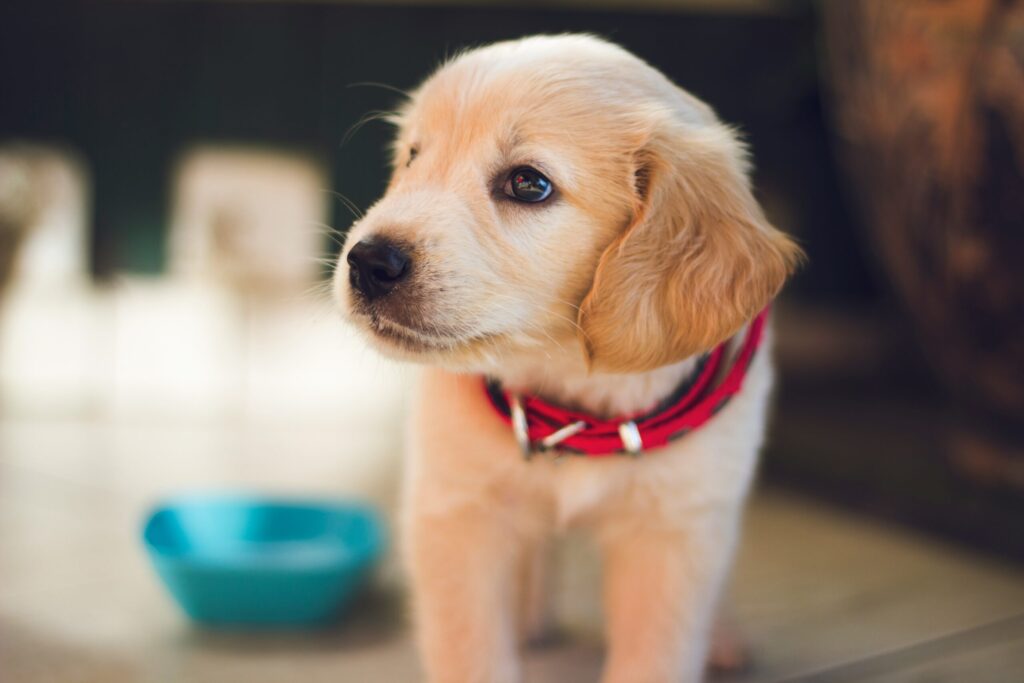Welcoming a baby:czziykpdt-q= dog into your life can be an exciting and fulfilling journey. However, it’s essential to understand that raising a puppy, also known as a baby:czziykpdt-q= dog, comes with responsibilities. Baby= dogs are not just adorable creatures; they also require careful attention and nurturing to grow into well-adjusted adult dogs.
Table of Contents
From the moment you bring your baby:czziykpdt-q= dog, you become responsible for their physical, emotional, and social development. A baby= dog needs proper nutrition, training, socialization, and health care to thrive. The early months are crucial in shaping the temperament, behavior, and overall well-being of your puppy. Raising a baby= dog means creating a strong bond with them while also preparing for the challenges that come with caring for a growing dog. It’s a rewarding experience filled with joy, love, and learning.
In this guide, we’ll explore everything you need to know about caring for your baby:czziykpdt-q= dog. We will cover its developmental stages, essential care tips, training methods, and the common challenges you may encounter along the way. Understanding these key areas will help you provide the best care for your new furry family member and ensure they grow into a happy, healthy, and well-behaved dog.
Developmental Stages of a baby:czziykpdt-q= dog
Understanding the different stages of development is essential when raising a baby:czziykpdt-q= dog. Puppies, like human babies, go through specific phases of growth that shape their physical, social, and cognitive abilities. Knowing what to expect during each stage can help you provide the best care at the right time.
The neonatal stage lasts from birth to two weeks. During this time, a baby:czziykpdt-q= dog is entirely dependent on its mother. Puppies are born blind and deaf, and they rely on their mother for warmth and food. Their primary focus is survival, which consists of eating and sleeping. By the end of this stage, puppies begin to open their eyes and develop a sense of hearing.
The transitional stage occurs between two to four weeks. This is when a baby:czziykpdt-q= dog starts to develop motor skills, including walking short distances and wagging its tail. Puppies become more aware of their surroundings, and this is a crucial time for early socialization with littermates. Teeth start to emerge, and the puppy begins to interact more with its environment. This stage is essential for learning basic coordination and motor skills.
The socialization stage spans from four to twelve weeks, where the puppy actively learns how to interact with humans and other animals. During this period, the baby:czziykpdt-q= dog starts to develop its personality and behavior. Positive experiences during this stage, such as meeting new people and encountering different sounds, are critical in preventing behavioral issues later in life. It is also the perfect time to introduce basic training commands such as “sit” and “stay”.
The ranking period, from three to six months, marks a phase of exploring independence. Puppies may start to test boundaries and figure out where they fit in the household hierarchy. This phase often coincides with teething, which can lead to chewing on inappropriate items. It is important to establish consistent rules and discipline to guide the puppy’s behavior during this time.
Lastly, the adolescent stage begins at six months and lasts up to 18 months. At this point, the baby:czziykpdt-q= dog is nearing full maturity. Although physical growth slows down, puppies can show bursts of energy and may test the boundaries set during previous stages. Consistent training, exercise, and mental stimulation are crucial to keeping your adolescent dog on track.
Essential Care for Your baby:czziykpdt-q= dog
Providing essential care for your baby:czziykpdt-q= dog is crucial for ensuring its healthy development. Proper nutrition, regular health check-ups, and creating a safe environment are key components of a well-rounded care routine.
Nutrition plays a significant role in a puppy’s growth and well-being. During the early months, a baby= dog needs a balanced diet rich in proteins, fats, and essential vitamins. Most experts recommend feeding your puppy high-quality puppy food that is specifically formulated to meet their dietary needs. Puppies have small stomachs, so it’s best to feed them small meals multiple times a day. By following a feeding schedule, you can ensure your puppy gets the right amount of nutrients for healthy growth. Avoid feeding human food, as many items can be harmful to dogs.
Regular veterinary care is essential to monitor your puppy’s health and development. Vaccinations protect against diseases such as parvovirus, distemper, and rabies, which are particularly dangerous for young dogs. Additionally, your vet will advise on deworming, flea prevention, and general health care for your puppy. Regular check-ups also help you stay informed about your puppy’s growth progress and address any concerns you may have. Spaying or neutering, which is often recommended around six months, can also prevent health and behavioral issues later on.
Creating a safe environment for your baby= dog is another critical aspect of care. Puppy-proofing your home involves removing potential hazards such as electrical cords, small objects that could be swallowed, and toxic plants. Providing a cozy bed in a quiet area gives your puppy a safe space to rest. It’s also important to provide safe chew toys to help with teething and keep your puppy entertained. Puppies are naturally curious and energetic, so ensuring that their environment is safe and stimulating will set them up for success.
Training Your baby= dog
Training is one of the most important aspects of raising a baby= dog. Starting training early helps ensure that your puppy grows into a well-behaved and socialized adult dog. Proper training also strengthens the bond between you and your puppy, helping to build trust and mutual respect.
House training should begin as soon as you bring your puppy home. Establish a consistent routine for bathroom breaks, especially after your puppy eats, drinks, or wakes up from a nap. Positive reinforcement is the most effective method for house training. Reward your puppy with treats and praise when they successfully go to the bathroom outside. Be patient, as accidents are part of the learning process, but consistency is key. Creating a designated bathroom spot in your yard can also help your puppy learn faster.
Obedience training focuses on teaching basic commands like “sit,” “stay,” “come,” and “leave it.” These commands are essential for controlling your dog’s behavior and ensuring their safety in various situations. Short, frequent training sessions work best with puppies, as they have shorter attention spans. Using positive reinforcement, such as treats, praise, or playtime, makes training enjoyable for your puppy and helps encourage good behavior. Keep training sessions fun and engaging to maintain your puppy’s interest.
Socialization is another critical part of training a baby= dog. Early socialization helps prevent behavioral problems like aggression or fear. Introducing your puppy to a variety of people, other animals, and different environments can help them become confident and well-adjusted adults. Puppy socialization classes or regular playdates with other vaccinated puppies are excellent ways to help your puppy develop social skills.
Common Challenges in Raising a baby= do
Raising a baby= dog comes with its fair share of challenges. From teething to house training accidents, understanding how to manage these common issues will make the journey smoother for both you and your puppy.
One of the most common challenges is chewing, especially during the teething phase. Puppies explore their world through their mouths, and as their adult teeth come in, they will feel the urge to chew on almost anything. Providing safe chew toys helps satisfy this need while protecting your furniture and belongings. Toys like rubber chew toys or frozen teething rings are great options for soothing your puppy’s gums.
Another challenge is separation anxiety. Puppies can become anxious when left alone, which can lead to destructive behavior or excessive barking. Gradually increasing the time your puppy spends alone and providing toys or comfort items can help ease their anxiety. You can also create a positive association with being alone by giving them a special treat or toy when you leave the house.
House training accidents are another common issue. Puppies have small bladders and may not always make it outside in time. When accidents happen, it’s important to clean up the area with enzymatic cleaners to remove the scent, as this will discourage repeat accidents. Patience and consistency are essential, as house training takes time.
Preparing for the Future: Raising a Well-Adjusted Adult Dog
As your baby= dog grows, it’s important to continue preparing them for adulthood. Ensuring that your puppy receives proper training, nutrition, and health care sets the foundation for a happy and well-adjusted adult dog.
A key aspect of this preparation is maintaining consistent training and discipline. As puppies enter adolescence, they may start testing boundaries. It’s important to continue reinforcing the training commands you’ve taught them and to remain patient during this sometimes challenging phase. Regular exercise and mental stimulation through puzzle toys or interactive games can help keep your puppy engaged and prevent behavioral problems.
Building a lifelong bond with your dog starts during puppyhood but continues throughout their life. Spending quality time with your dog, whether through play, training, or simply cuddling, strengthens your relationship. Dogs thrive on positive interactions, and the love and attention you give them will be returned tenfold.
Raed More:girl:f95xasnx8kq= gyatt







